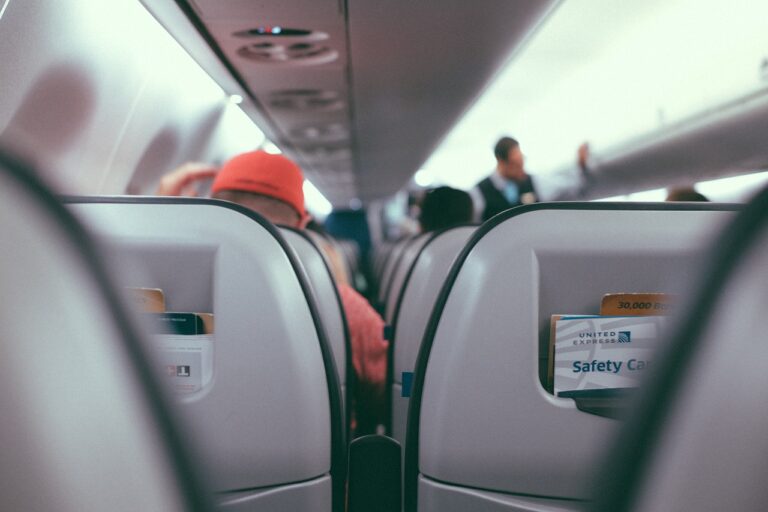The Future of Travel Post-Pandemic
The ongoing global pandemic has led to the implementation of various travel restrictions and regulations in an effort to curb the spread of the virus. Countries worldwide have imposed entry bans, quarantine requirements, and testing protocols for travelers, making international and even domestic travel significantly more complex and challenging. Airlines and travel operators have had to quickly adapt to changing regulations, leading to frequent cancellations, rescheduling, and uncertainty for passengers.
From mandatory mask-wearing to social distancing measures, airports and airlines have implemented a range of safety protocols to ensure the well-being of travelers and staff. The enforcement of these restrictions and regulations varies from one country to another, leading to confusion and frustration among travelers. As the situation continues to evolve, it is essential for individuals to stay informed about the latest travel advisories and guidelines to navigate the ever-changing landscape of travel restrictions and regulations.
Impact on Travel Industry
The travel industry has been significantly impacted by the ongoing global health crisis. With travel restrictions and lockdown measures implemented worldwide, the industry has faced unprecedented challenges. Airlines, hotels, tour operators, and other related businesses have experienced a sharp decline in demand, leading to financial losses and widespread layoffs.
Many travel companies have been forced to adapt to the new reality by implementing strict health and safety protocols to reassure travelers. Innovation has been key for some businesses, such as offering flexible booking options and virtual travel experiences. Despite these efforts, the uncertainty surrounding the future of travel continues to pose a major obstacle for the industry’s recovery.
Changes in Travel Behavior
With the ongoing uncertainty surrounding travel restrictions and regulations due to the global pandemic, travelers have been forced to adapt and change their behavior. Many individuals are opting for more domestic travel options, exploring their own countries rather than venturing abroad. Road trips and staycations have become increasingly popular choices for those seeking a change of scenery while minimizing health risks associated with air travel.
In addition to a shift towards domestic travel, there has also been a noticeable increase in travelers focusing on outdoor and nature-based activities. National parks, hiking trails, and camping sites have seen a surge in visitors as people look for safe and socially distanced ways to enjoy their vacations. This change in behavior reflects a growing preference for open spaces and natural environments over crowded tourist attractions and urban areas.





